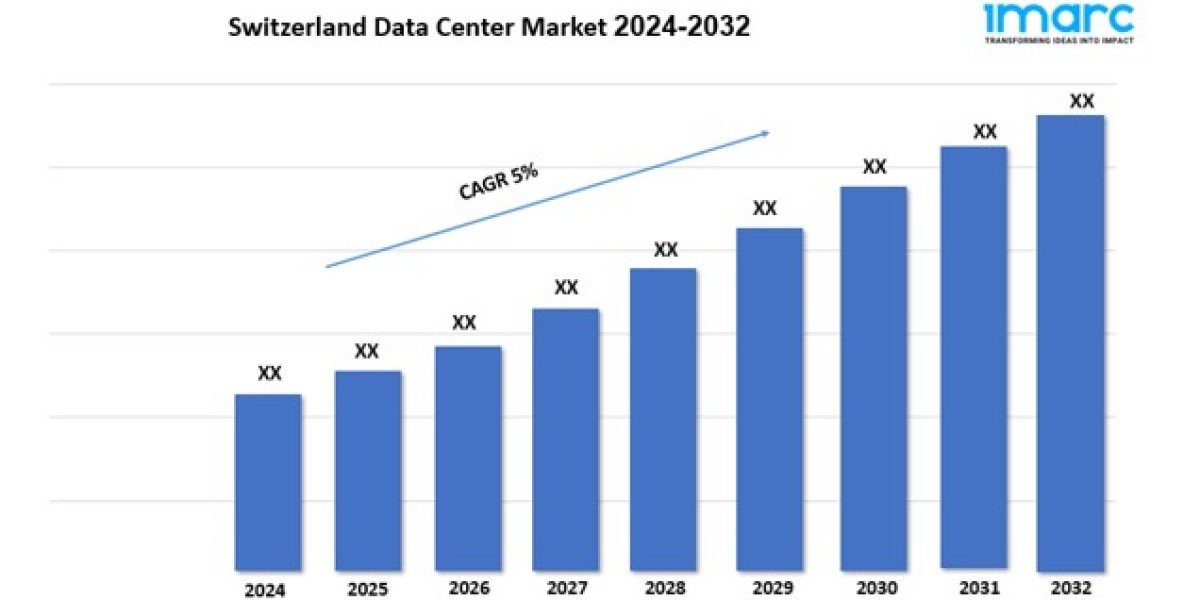As we age, our skin starts exhibiting typical signs of aging. Some of the most prevalent complaints include sagging skin, fine lines, and wrinkles, which prompt many people to experiment with different skincare products in the hopes of regaining a young glow.
Anti-aging serums are among the most well-liked of them. However, the issue still stands: Are anti-aging serums just marketing gimmicks, or can they diminish wrinkles?
In this post, we will discuss anti aging serum, how they function, what chemicals to look for, and what you may reasonably expect when using them.
Anti Aging Serum: What Are They?
Lightweight, quickly absorbing liquids called anti aging serum are made with active substances to help lessen the appearance of age. Serums, instead of thicker creams, are intended to go deeper into the skin to address particular issues, including fine lines, wrinkles, and loss of elasticity. They are an effective weapon in the fight against aging since they frequently have a higher concentration of active substances than conventional moisturizers.
How Function Does Anti Aging Serum?
The components utilized in anti-aging serums significantly impact their efficacy. When used properly, serums can provide several advantages, such as hydration of the skin, enhanced collagen formation, and less free radical damage. These elements reduce the visibility of fine lines and wrinkles when used together.
Let's examine the functions of some of the most popular components found in anti-aging serums:
- Hydration: Humectants like hyaluronic acid are found in many anti-aging serums and draw moisture to the skin. Hydrated skin looks smoother and plumper, so fine wrinkles can appear less prominent.
- Increasing Collagen: Collagen is a protein that gives skin suppleness and structure. Collagen production decreases with aging, resulting in drooping skin and wrinkles. Serum components, including retinoids and peptides, stimulate collagen synthesis, giving skin a firmer, more youthful appearance.
- Antioxidant Protection: Exposure to environmental stressors such as pollution and UV rays can hasten the aging process by inducing oxidative stress. Antioxidants such as vitamins C and E included in serums assist in scavenging free radicals, minimizing skin damage, and delaying the onset of wrinkles.
- Exfoliation: When dead skin cells build up on the skin's surface, wrinkles become more noticeable. Alpha-hydroxy acids (AHAs) are one type of substance in serums that gently exfoliate the skin, encouraging cell turnover and displaying a smoother complexion.
Essential Components of Anti Aging Serum
It's critical to learn which chemicals have been scientifically shown to have anti-aging properties to determine whether an anti-aging serum can minimize wrinkles. The following are some of the best components to search for in an anti-aging serum:
1. Ocular pigments
Retinoids, derived from vitamin A, are among the most researched components in skincare products. They function by accelerating cell turnover, boosting collagen synthesis, and enhancing skin texture.
Retinoids are a common ingredient in anti-aging serums since they can gradually lessen the appearance of fine lines and wrinkles. Due to their potency, retinoids are frequently employed in serums at lower doses.
2. Sodium Hyaluronate
Hyaluronic acid is a powerful hydrator that aids in skin retention. It produces a plumping action that lessens the visibility of wrinkles and fine lines by drawing water into the skin.
Given that hyaluronic acid is a naturally occurring component of skin, most skin types can tolerate it, which is why anti-aging serums frequently contain it for its instant moisturizing effects.
3. Glucose
Proteins like collagen and elastin comprise short chains of amino acids called peptides. Peptides aid in tightening and firming the skin, which lessens the appearance of wrinkles by telling the skin to make more collagen. Because they can maintain the suppleness and structure of the skin, they are frequently found in anti-aging serums.
4. Calcium
Potent antioxidants like vitamin C work to squelch free radicals, chemicals that speed up aging and cause oxidative damage. Besides its anti-aging properties, vitamin C also brightens the skin and promotes collagen formation, making it an essential component in diminishing wrinkles and enhancing skin tone.
5. Acids Alpha-Hydroxy (AHAs)
Chemical exfoliants known as alpha-hydroxy acids (AHAs), such as lactic and glycolic acids, remove dead skin cells and increase cell turnover. This lessens the visibility of wrinkles and fine lines on the skin's surface. Regular AHA exfoliation might enhance the efficacy of other anti-aging compounds by facilitating the penetration of other AHAs deeper into the skin.
Is It True That Anti Aging Serum Reduce Wrinkles?
After learning about the components and operation of anti-aging serums, let's address the key query: Are they truly effective in reducing wrinkles?
1. Direct Impact
Certain anti-aging serums, especially those that contain moisturizing components like hyaluronic acid, immediately noticeably improve the appearance of fine lines and wrinkles. Added moisture's plumping impact might momentarily give the skin a more youthful, smooth appearance. However, these benefits are typically fleeting and only persist as long as the product is being utilized.
2. Prolonged Impact
Consistency is essential for more notable and long-lasting outcomes. For ingredients like retinoids, peptides, and vitamin C to show noticeable changes in skin smoothness and wrinkle reduction, consistent application over weeks or even months is necessary.
Studies have shown that long-term use of these compounds can significantly enhance the firmness, elasticity, and depth of wrinkles on the skin.
It's crucial to have reasonable expectations, though. Anti-aging serums can help minimize wrinkles and stop additional age, but they won't be able to reverse decades of aging or remove deeply ingrained creases. Although they are not a miracle treatment for aging, serums can be helpful in a comprehensive skincare regimen.
Elements That Affect Outcomes
The following variables may affect how well an anti-aging serum reduces wrinkles:
- Consistency: For skincare products to be effective, regular use is required. The benefits of regular, long-term usage of an anti-aging serum will outweigh the effects of using one or two times.
- Sun Protection: Sun exposure is one of the main factors contributing to early aging. For optimal results, a daily sunscreen regimen must be combined with an anti-aging serum. The serum's benefits will be negated if you don't wear sunscreen because UV ray damage will continue to promote wrinkle production.
- Lifestyle Decisions: A number of variables, including nutrition, hydration, stress, and sleep patterns, might affect the success of your skincare regimen. While lousy lifestyle choices can counteract the benefits of anti-aging serums, healthy habits will maximize their effects.
- Skin Type: Your skin type may impact a serum's efficacy. Selecting a product that meets your needs is crucial because some substances are more effective on some skin types than others.
Final Thoughts
Anti aging serum with components including retinoids, hyaluronic acid, peptides, and vitamin C are beneficial in diminishing the look of wrinkles. Although these treatments won't altogether remove wrinkles, they can significantly improve the skin's firmness, moisture, and texture. Anti-aging serums work best when used regularly in a more extensive skincare regimen that includes sun protection and good living decisions.








